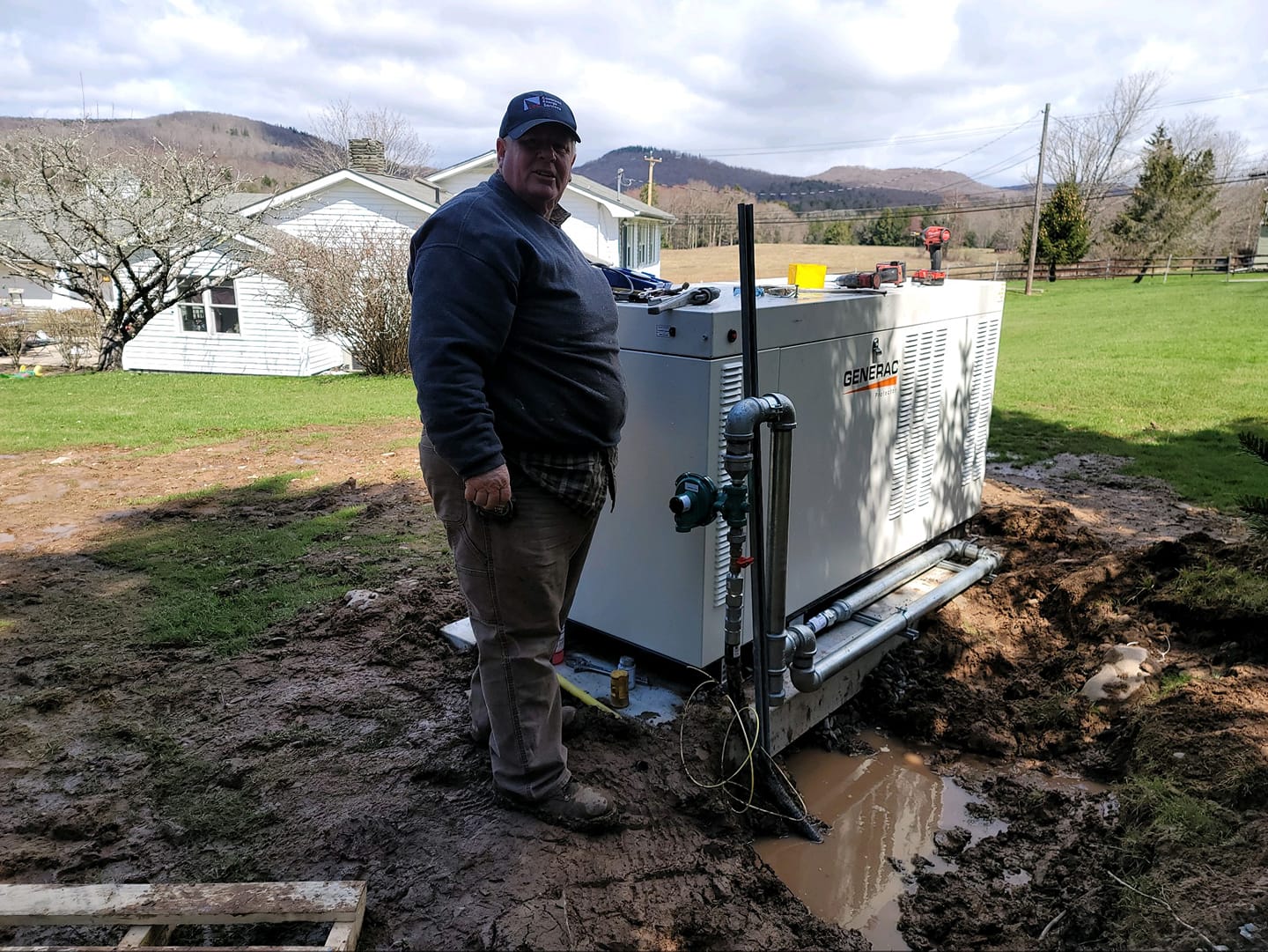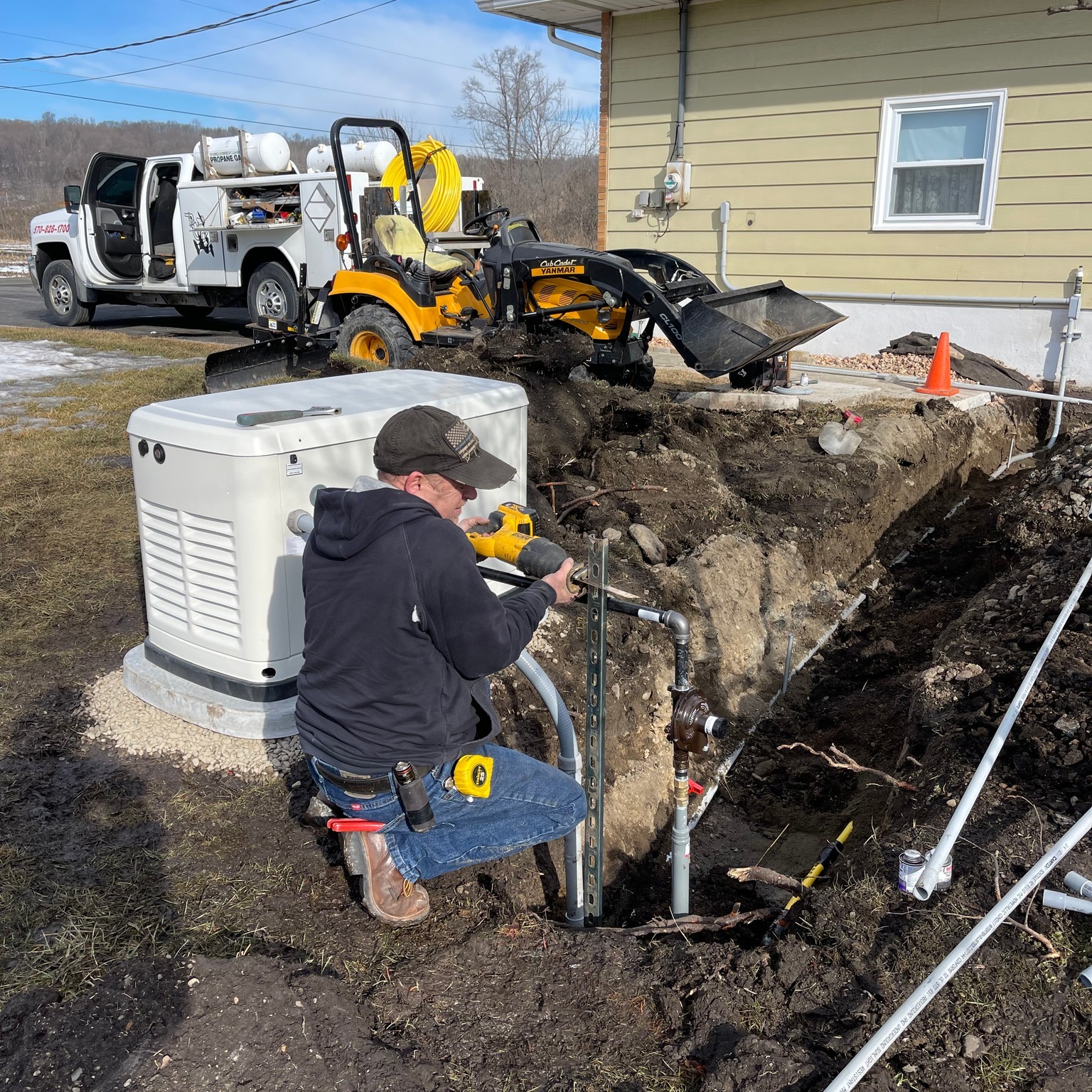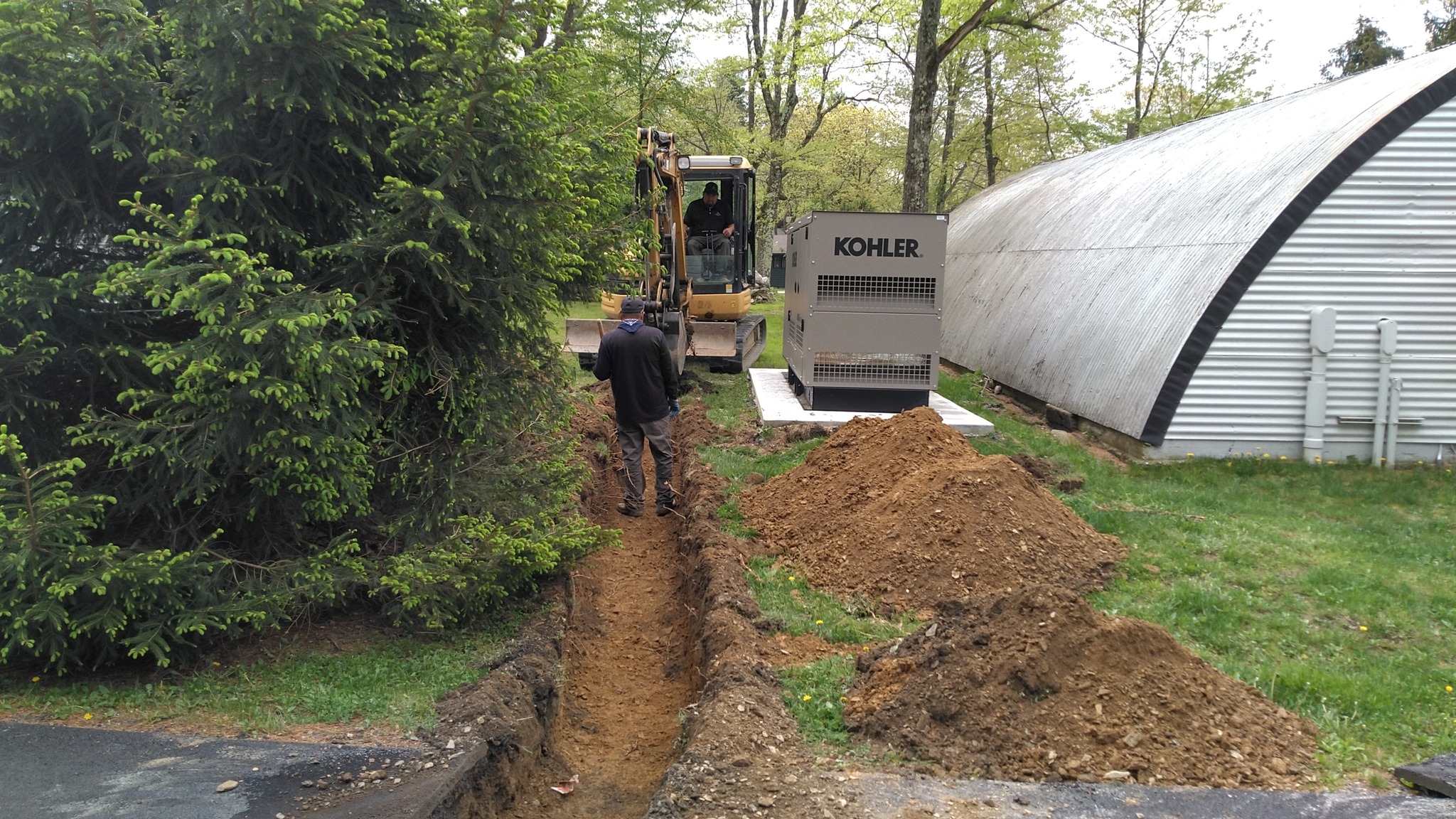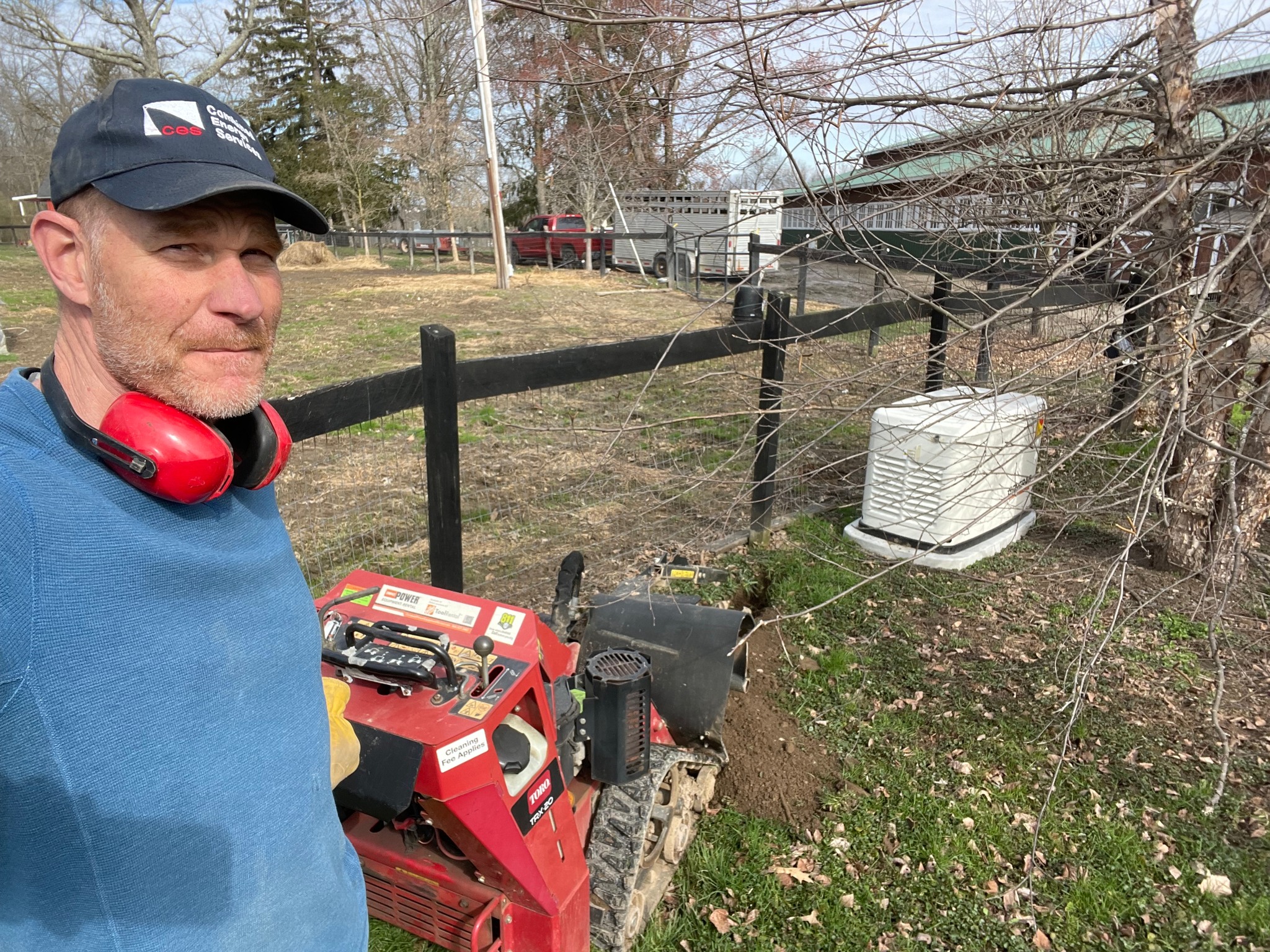Everything you should know about standby generators
Power Outages – The need for a generator
Understanding what causes power outages can help you decide whether you need a generator or not. Power outages can happen at any time and can last for a few seconds to a few days. According to multiple sources, bad weather and trees are the leading cause of power outages, followed by equipment failure. Anyone who has lived through a blizzard or hurricane can attest to the damage caused when trees fall on power lines. Living in a heavily wooded area, such as the Catskills, Poconos, or Skylands, lends itself to the opportunity to have more significant tree damage and longer power outages. Below are the top 5 things you need to know regarding a generator.
-
Generator Size
What do you want to run – Whole house or a few appliances?
A standby or portable generators do basically the same thing – produce electricity. The difference is the amount of electricity they can generate. Both require proper household wiring including a double pole, double throw safety switch to prevent back feeding electricity into the power grid.
If you are happy to run a few lights and some receptacles, then a portable generator might be suitable. The larger the portable generator, the more appliances you can operate. Typically, a portable generator must be manually started. This means that you must be home in order to turn the generator on. Portable generators can be started with a push button attached to a battery or pull started with a cord.
Standby or whole house generators provide enough electricity to run an entire home. This includes heat, lighting, well pumps, receptacles, etc. They start automatically – as soon as they sense that power has been lost. You are not required to be at the location for the generator to operate.
The noticeable difference between the two types is price. Both the generator and the installation of the standby or whole house product are significantly more than the portable generator.
-
Propane Tank Size
-
How long can a generator run?
-
Generator Maintenance
-
Life Expectancy of a Generator




